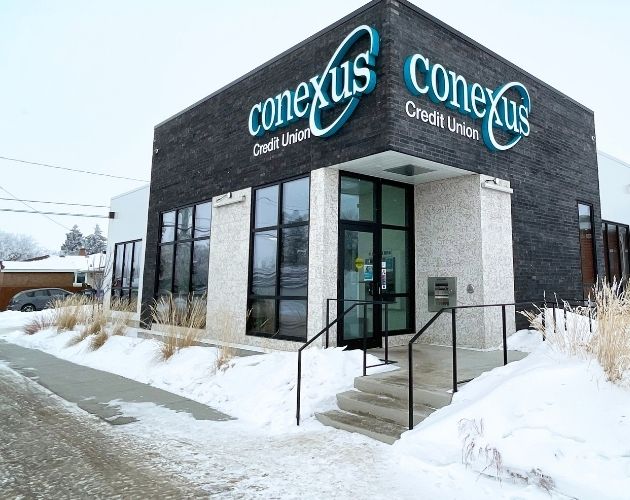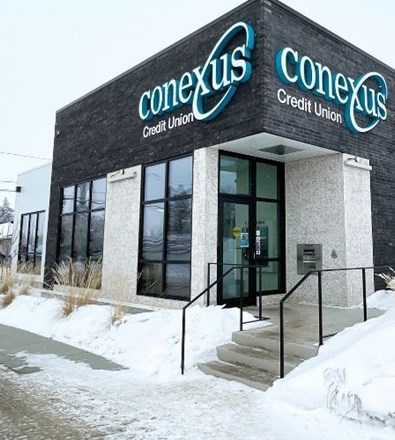If you suspect that you or a loved one has been a victim of fraud – reach out to us, we can help!
Privacy
Password protection
Your first defense against fraudsters
Creating a strong password and updating it regularly can go a long way in keeping hackers and scammers away. Your identity and finances are extremely important so it’s just as important to make sure your password(s) are strong enough to keep them safe.
If you say yes to any of the questions below, we recommended you change your password!
Do you have one of (or a variation of) the following as a password:
123456789
qwerty
abc123
Iloveyou
Do any of your passwords include your name or birthdate? What about the names of your pets, partners or children?
Do you use the same password for your online banking as you do other logins such as email or social media accounts?
Have you had the same online banking password for as long as you can remember, and can’t remember the last time, if ever, you changed it?
Have you shared your password with anyone?
Do you keep your password written down on a sticky note under your computer or keyboard?
Tips for creating a strong password
Use a combination of lowercase and UPPERCASE letters, numbers (328), and symbols (#%^)
Don’t use guessable words or phrases such as names (including your pets names), seasons, months, etc.
Change your password periodically – most cybersecurity experts suggest changing your password between every 30, 60, or 90 days
Use a different password for logins to different programs/services – especially your online banking
Do you struggle to keep track of all your different passwords? Try using a secure password manager like 1password or Bitwarden
Try using a passphrase instead of a password
What’s a passphrase? You take an easy to remember sentence such as “I got a new puppy in 2008” and take the first letter of each word (or even the whole words) to get the passphrase. Then capitalize some letters, add a special character and number, like so: IgAnPi08!


Reporting fraud






